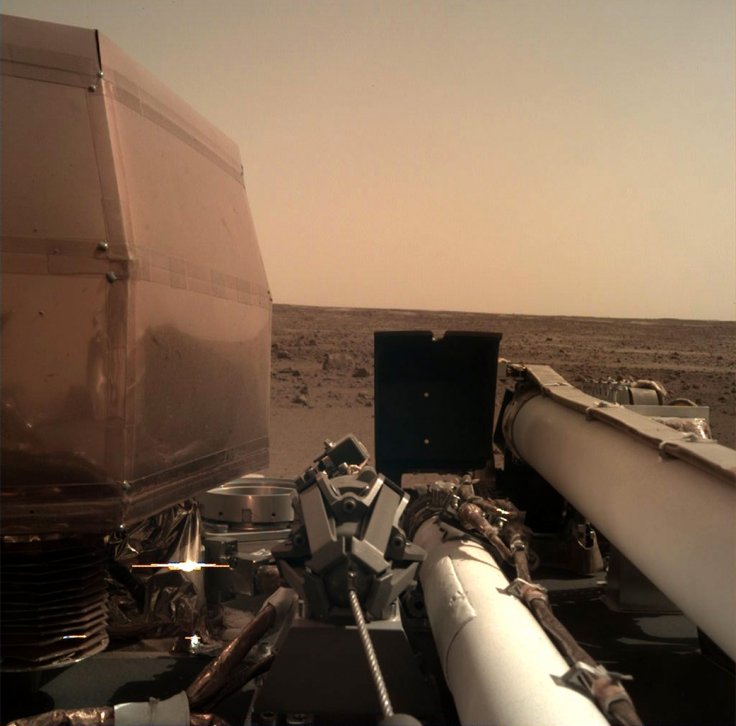
As US private space firm SpaceX chief Elon Musk is eager to colonize Mars first, China has thrown its hat into the ring to be the first, while other players like India and Europe remain spectators to the growing competition.
Ouyang Ziyuan, a scientist from the Chinese Academy of Sciences, said that China will launch a mission to Mars with Martian satellite, Martian lander, as well as Martian rover, said a report in China Daily. He quickly added that the purpose of the mission is to probe whether Mars is suitable for terraforming so humans can inhabit.
US space agency NASA's plan to send humans to Mars met with funding crunch from the Trump Administration but the US private space agency SpaceX has an ambitious plan already taking final shape. Its Vice President Jonathan Hofeller said the Starship, a space vehicle designed to carry humans to Mars, will make its maiden pilot voyage without humans in 2021.
SpaceX has already performed an initial test of Starship prototype though the vehicle propelled just a few centimeters above the ground. "We have future hops coming up later this year. The goal is to get orbital as quickly as possible, potentially even this year, with the full stack operational by the end of next year and then customers in early 2021," said Hofeller, Space News reports.

Whether Elon Musk or China, the space colonization seeks to fully exploit the planet's resources. Moreover, Mars is preferred to the moon that has no atmosphere or Mercury and Pluto, which have very thin atmosphere.
Mars has an atmosphere composed mainly of carbon dioxide and nitrogen though unfit for human survival, the possibility of transforming the carbon dioxide into oxygen with green plants is on the agenda of future colonisers.
Moreover, Mars has water that may have to be pumped up from the ground. Once water is available, exploration of resources will be easier. Now that Mars has already become the next destination for human space exploration, it remains to be seen whether China's Mars mission or SpaceX's Spaceship take up the conquest on the Red Planet first.
(With inputs from Nirmal Narayanan)









